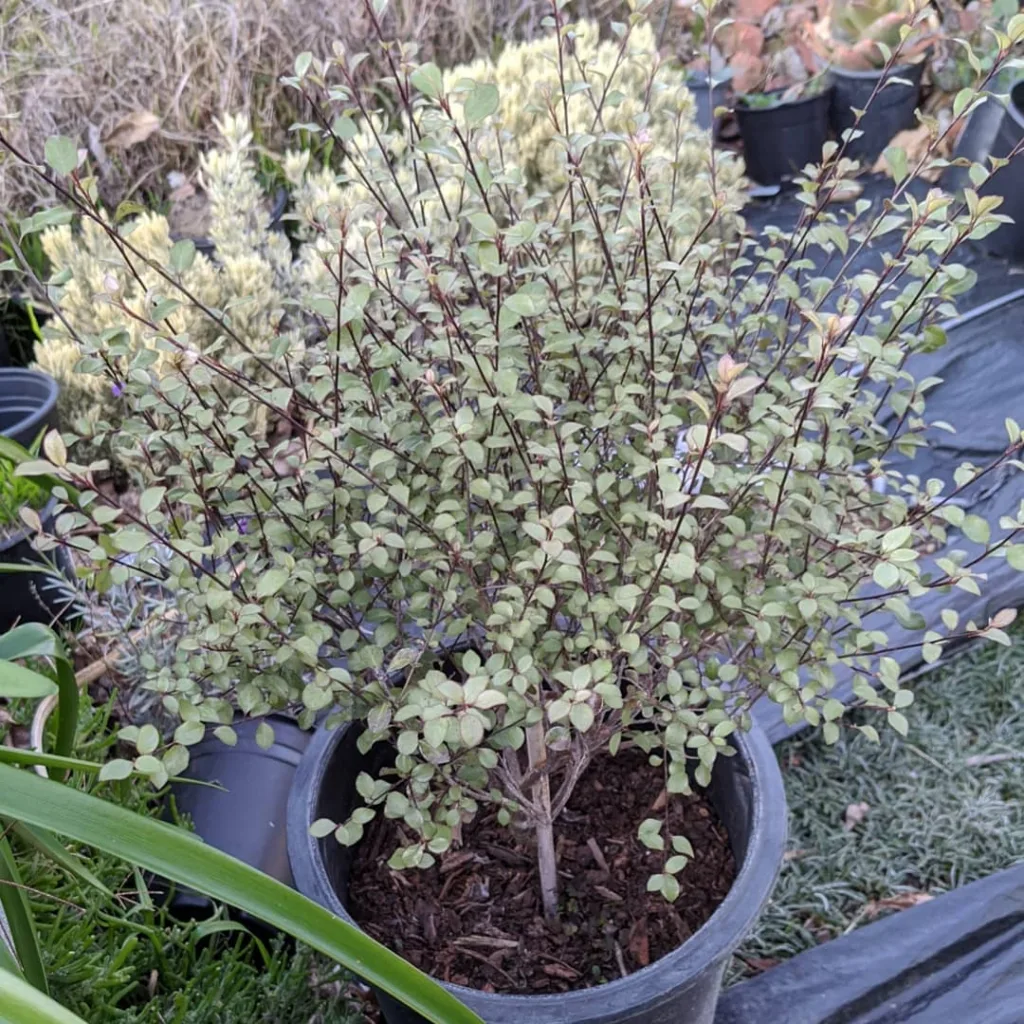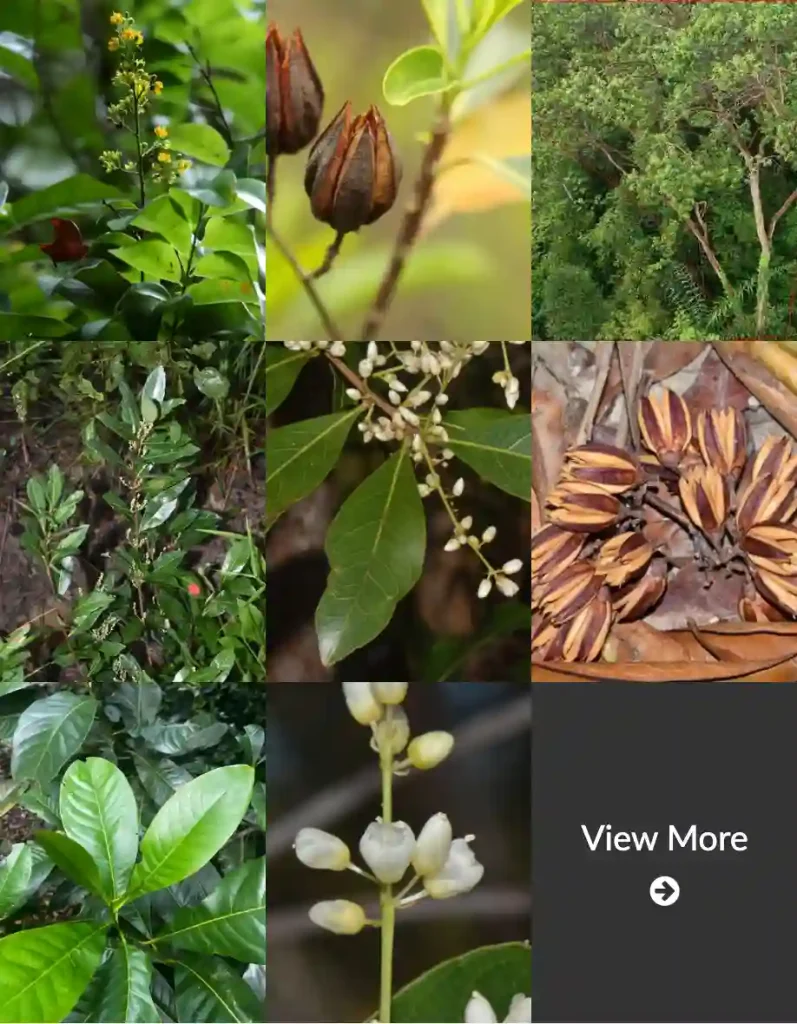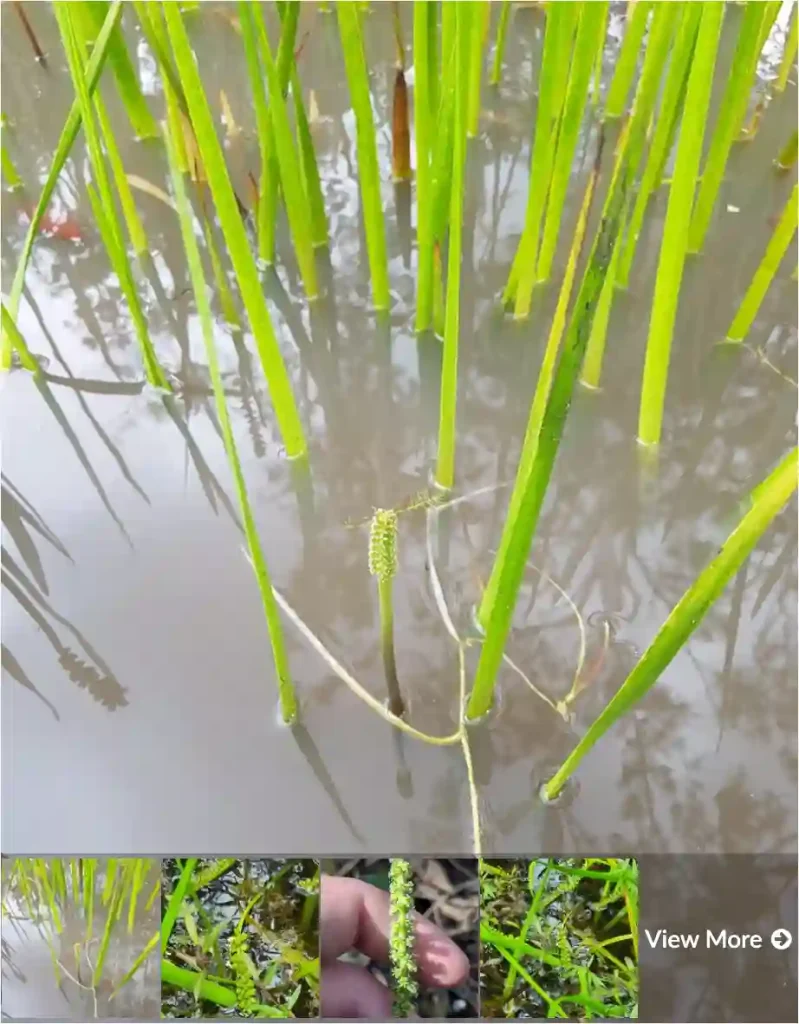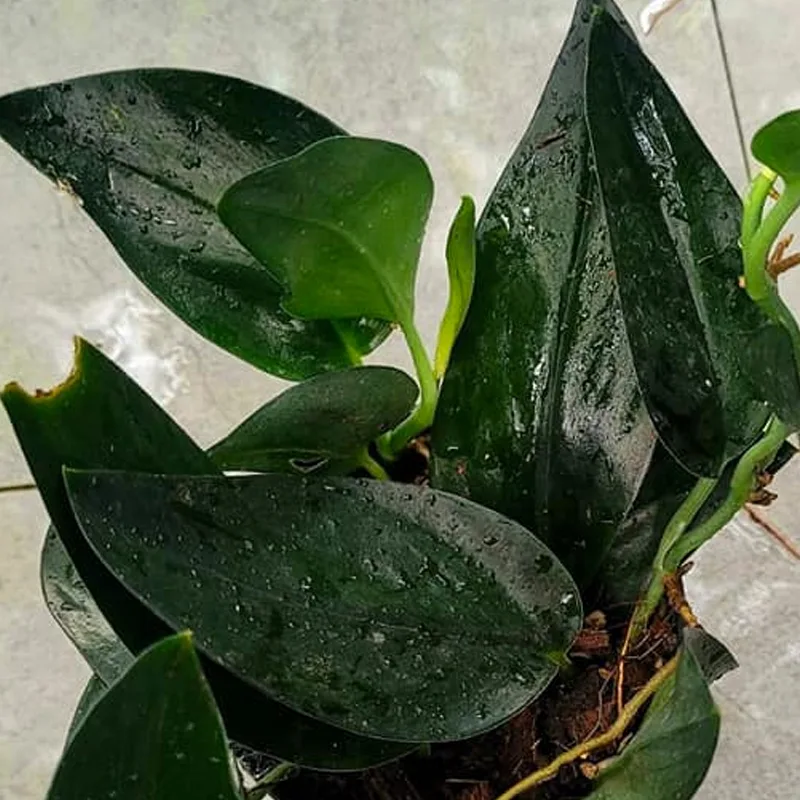The Healing Touch of Althaea: A Personal Exploration
My name is Ferb Vu, and I’ve always been drawn to the subtle beauty and hidden depths of the natural world. Recently, my curiosity led me to the genus Althaea, a group of plants belong to the Malvaceae family, with a rich history and a surprising connection to a childhood favorite – marshmallows!
It turns out the marshmallow confection we all know and love takes its name from the marsh mallow plant (Althaea officinalis), a species belonging to this fascinating genus. This discovery sparked a deeper dive into the world of Althaea, and I’m excited to share my findings with you.
Understanding the Althaea Genus
Althaea is a genus of herbaceous perennials native to Europe and Western Asia. These plants thrive in damp environments like marshes and riverbanks, hence the common name “marsh mallow.” The genus name itself, Althaea, is derived from the Greek word “althainein,” meaning “to heal,” hinting at the medicinal properties these plants possess.
Imagine strolling along a riverbank, and you might spot these lovely plants. They typically have upright stems adorned with soft, velvety leaves. The flowers, often blooming in shades of pink or white, resemble miniature hollyhocks, adding a delicate touch to the landscape.
Diving into the Species
While the exact number of species within the Althaea genus is debated, generally, it’s believed to include somewhere 10 species. Here are:
- Althaea officinalis: This is the star of the show, the marsh mallow. It has a long history of use in traditional medicine, particularly for soothing sore throats and coughs. Remember those gooey marshmallow treats? The original recipe actually used the root extract of this plant as a key ingredient. Plant FAQs: Althaea Officinalis – Marshmallow Plant
- Althaea cannabina: Known as hemp-leaved marsh mallow, this species can grow quite tall, reaching heights of up to two meters. Its leaves, as the name suggests, resemble those of the cannabis plant, although it has no psychoactive properties.
- Althaea armeniaca: This species is native to Armenia and surrounding regions. It boasts attractive pink flowers and is often cultivated as an ornamental plant.
- Althaea bertramii Post & Beauverd
- Althaea hiri Parsa
- Althaea oppenheimii Ulbr.
- Althaea × pavisii Guétrot
- Althaea taurinensis DC.
- Althaea villosa Blatt.
- Althaea vranjensis Diklić & V.Nikolić
More Than Just Marshmallows: Uses and Benefits
The uses of Althaea plants extend far beyond confectionery. For centuries, various cultures have harnessed their therapeutic potential. The roots of Althaea officinalis, in particular, are rich in mucilage, a sticky substance that has soothing and anti-inflammatory properties.
Traditionally, marsh mallow root has been used to treat a range of ailments, including:
- Respiratory issues: The mucilage helps to coat and soothe irritated mucous membranes in the throat and lungs, providing relief from coughs, bronchitis, and sore throats.
- Digestive problems: Marsh mallow root can help to calm inflammation in the digestive tract, easing symptoms of gastritis, ulcers, and irritable bowel syndrome.
- Skin irritations: Applied topically, marsh mallow can soothe burns, wounds, and other skin irritations.
Modern research supports some of these traditional uses, suggesting that Althaea extracts may have potential benefits for conditions like dry cough, inflammation, and even certain types of cancer.
Cultivating Althaea
If you’re interested in growing your own Althaea plants, you’ll be pleased to know they are relatively easy to cultivate. They prefer moist, well-drained soil and a sunny location. You can propagate them from seeds or root cuttings. Just remember to provide ample moisture, especially during dry periods.
A Deeper Appreciation
My exploration of the Althaea genus has been a rewarding journey. It’s amazing how a simple childhood treat can open doors to a world of botanical wonders. Learning about the history, diversity, and medicinal properties of these plants has given me a deeper appreciation for the interconnectedness of nature and human experience.
Whether you encounter them in a garden, along a riverbank, or in the form of a sweet treat, take a moment to appreciate the humble yet remarkable Althaea plants. They are a testament to the healing power and enduring beauty of the natural world.
If i die, water my plants!



